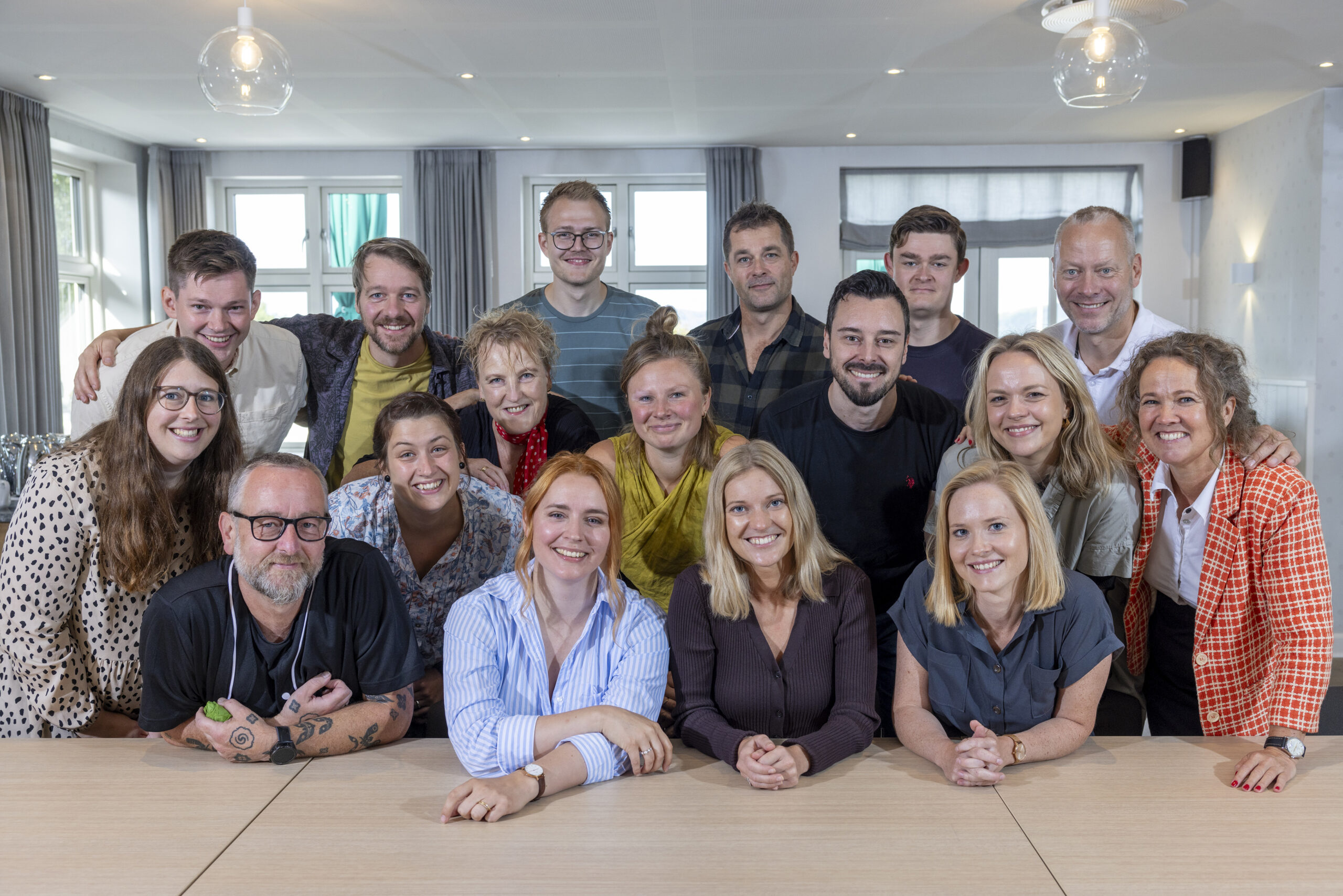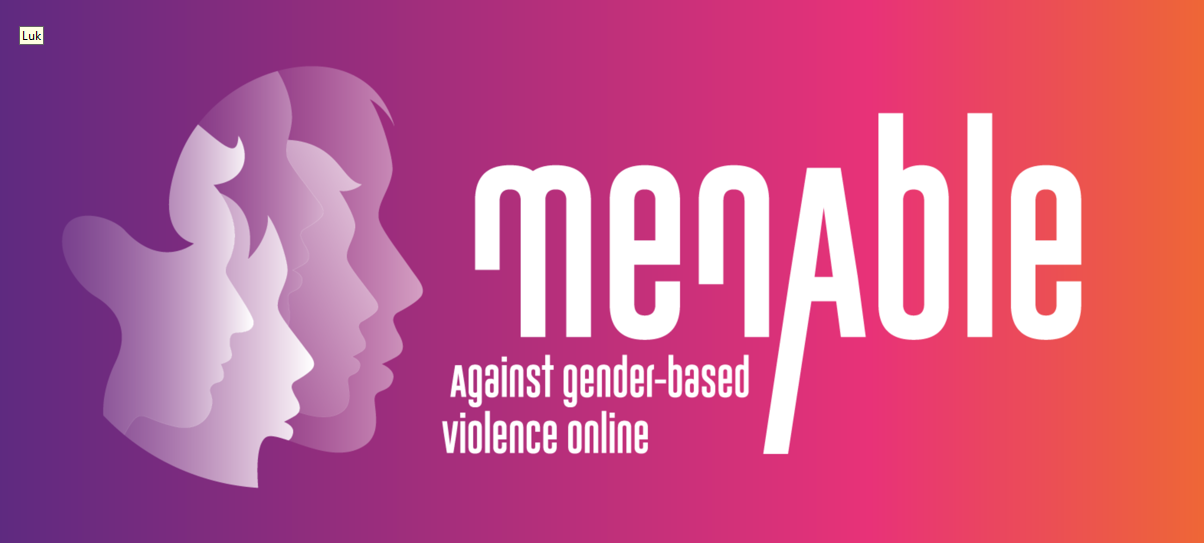Primary school is of crucial importance to pupils' digital education
Life at School[/caption]
Social media plays an an ever increasing role for children and young people – both at school and outside of school. However, although pupils today are born almost carrying a smartphone, they are not necessarily aware of the moral considerations that should be taken into account when spending time on social media. Navigating our digital reality requires digital education – this is confirmed time and time again by media that often confront us with cases such as the ‘Viborg files’; cases that are evident to the fact how bad things can unfold if youngsters are not reflecting on when/how they misuse rather than use social media.
Furthermore, more and more schools are forced to take a stand on online bullying, nude pictures, inappropriate self-representation on social media, and other issues that clearly present a need for instituting media ethics at school, Jonas Ravn states, project manager with CfDP. For more than 8 years, Jonas has travelled to primary schools all over Denmark, teaching pupils, teachers, and parents about net ethics and digital education.
“For several years, there’s been a focus on well-being at schools in terms of not pushing each other in the school yard. But you must not push each other digitally either. Children must be aware that just because their relationships on social media take place virtually, they entail the same reactions. When you are not able to see another person’s reaction, you don’t notice if something you say hurts someone else. However, by the fact you cannot see each other does not mean you are free to write anything you want – it still afflicts the person on the other end,” explains Jonas Ravn.
Teachers have to speak about digital education with pupils
Talking about digital education has been a school task for a long time. As of summer 2015, this task has been further strengthened as a result from the new reform of Danish primary schools. The new Common Goals tighten the requirements of pupils’ digital skills – and thus, also that of teachers who must help equip pupils for our digital age. Therefore, we experience a growing need for teachers to become equipped to talk about digital well-being and net ethics with pupils.
“Schools have always had an educational responsibility, and this continues even though daily life ever increasingly takes place on social media. I feel that there is an uncertainty associated with speaking about social media if teachers feel that their pupils know more about the subject than they do. But do not be afraid to talk about digital education with pupils just because you do not have a Facebook profile or know what Snapchat is. Because that is not the issue. It’s about life proficiency and education in general, and adults just have far greater knowledge in this regard.
Pupils are digital natives in the sense that they quickly familiarise themselves with social media, but that does not mean that they are in control of ethics and morality. Hence, they need to get a better understanding of human relations on social media, which is something that teachers may provide,” explains Jonas Ravn, and continues: “The biggest challenge that teachers are faced with is understanding how young people utilise social media because it requires that you get acquainted with their ways of being social and interacting, and gathering some information about social media – but pupils can assist with that.”
Openness and trust are key elements when working with digital education. It is about creating a culture where children find it natural to turn to adults if they experience any conflicts. Pupils need adult role models to show them the way and who encourage them to think about how they use social media. That’s why it is important that teachers are equipped to speak with pupils, and that they establish a healthy net culture – this is exactly what Jonas Ravn hopes to get across on his school visits. The purpose of Jonas’ school presentations is to generate discussion and reflection among pupils, and have them think about moral dilemmas and consequences arising from using social media:
“I believe a lot of it is about activating a class culture and creating a better understanding of the fact that, ‘everyone doesn’t necessarily agree with me.’ Pupils must be aware that our boundaries are different, and they have to learn to be attentive to when they step over the boundaries of themselves or those of other people – this is of utmost importance when learning to interact on social media, and can lead to an ethically proper online-behavior,” says Jonas Ravn.
]]>


Hvis du vil sætte et par ord på din tilbagemelding, vil det hjælpe os rigtig meget, til at kunne forbedre vores indhold.